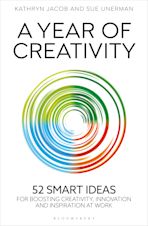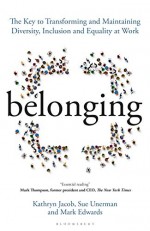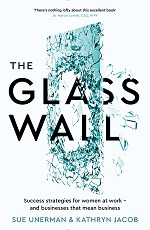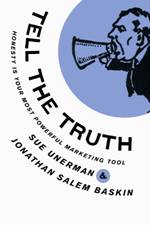
New vinyl, new gifting
I have missed the smell of vinyl. Growing up, buying a record on vinyl (the main format when I was a teenager) was hugely exciting. After months of saving up you would venture out to the quite intimidating record store, staffed by trendy young adults (everyone who worked in a record store was very cool). The experience of buying it, and the almost religious experience of carefully unwrapping and playing for the first time was unforgettable.
The smell of fresh vinyl was an intrinsic part of this.
This week, joyfully, I was gifted a new (old) vinyl record by my esteemed EssenceMediacom Connected podcast co-host Sacha Owusu, as we did our final podcast together. Sacha is both extremely talented and kind. I’ve had a blast doing the podcasts with him, getting to know him and seeing his career progress.
When streaming overtook cds (which had of course overtaken vinyl), it meant that you could no longer give someone the gift of an album of music easily. Apart from the emotional impact of this (choosing someone an album of music to give them joy, show well you know them, and possibly to stretch their musical tastes in a new direction are all a way of showing deep friendship), it was surprising to some that the music industry collectively had shut down a revenue stream in gifting. (The same is still true of movie dvds of course.)
So its brilliant that vinyl sales have revived, and to see the new (old) HMV store on Oxford Street.
The Economist recently pointed out that contradictory though it might seem in the era of streaming music many pop stars are still making albums, not just releasing songs, some of which end up of course on vinyl.
Billie Eilish declared that her record “Hit me hard and soft”, released in May 2024 was a “cohesive piece of work… ideally listened to in its entirety from beginning to end”. No singles were pre-released. Taylor Swift released four successive sets of new material this year with no advance singles. Ariana Grande stressed that she wanted listeners to “experience the album in full this time” when she released Eternal Sunshine in March 2024.
Was it the Beatles who delivered the first concept album with Sergeant Pepper’s Lonely Hearts Club Band in the 1960s? Or Frank Zappa’s Freak Out? Or the Beach Boys Pet Sounds.
According to Wikipedia, the concept of the concept album was invented by Woody Guthrie in the 1940s. Let’s not forget Frank Sinatra’s Songs for Swinging Lovers.
A new business model for music has evolved where fans will buy the album on vinyl, and download and stream their favourite tracks, thus paying twice for the same sound. So vinyl helps sustain music profits and allows artists to dominate the charts. When she released Tortured Poets Department Swift claimed the top 14 spots in the Billboard chart.
An old idea having a renewed life cycle, vinyl allows fans to own something concrete and of classic design. It allows artists to make additional income. And it revives the ability to give someone you care about something that you think they care about or will love. Plus, more people get to smell fresh vinyl.
Old ideas are sometimes the way forward.







Cannes 2024 takeaways
Thursday, July 25th, 2024Posted in MediaComment | Comments Off on Cannes 2024 takeaways